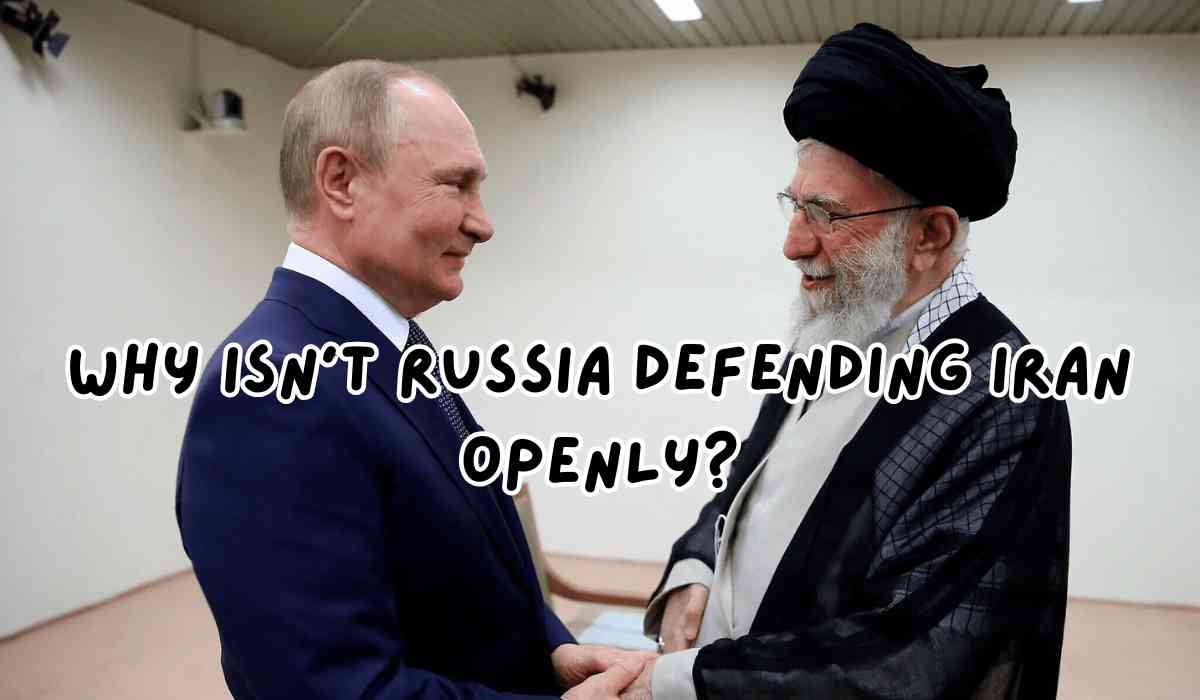Israel’s dramatic “Operation Rising Lion”, a covert, precision-led airstrike targeting three nuclear sites in Iran, marked a pivotal escalation in the simmering Israel-Iran conflict. But it was the subsequent U.S. military intervention that truly cracked the geopolitical ice.
As six U.S. bombers flew over 18 hours to strike Iranian nuclear facilities, the world’s attention snapped to how Tehran’s key strategic allies, Russia and China, would respond. Both nations condemned the attacks, invoking international law and UN norms, but stopped short of offering any military backing. This apparent restraint has provoked debate about whether Moscow and Beijing are reliable allies or quiet, calculating opportunists in a shifting global order.
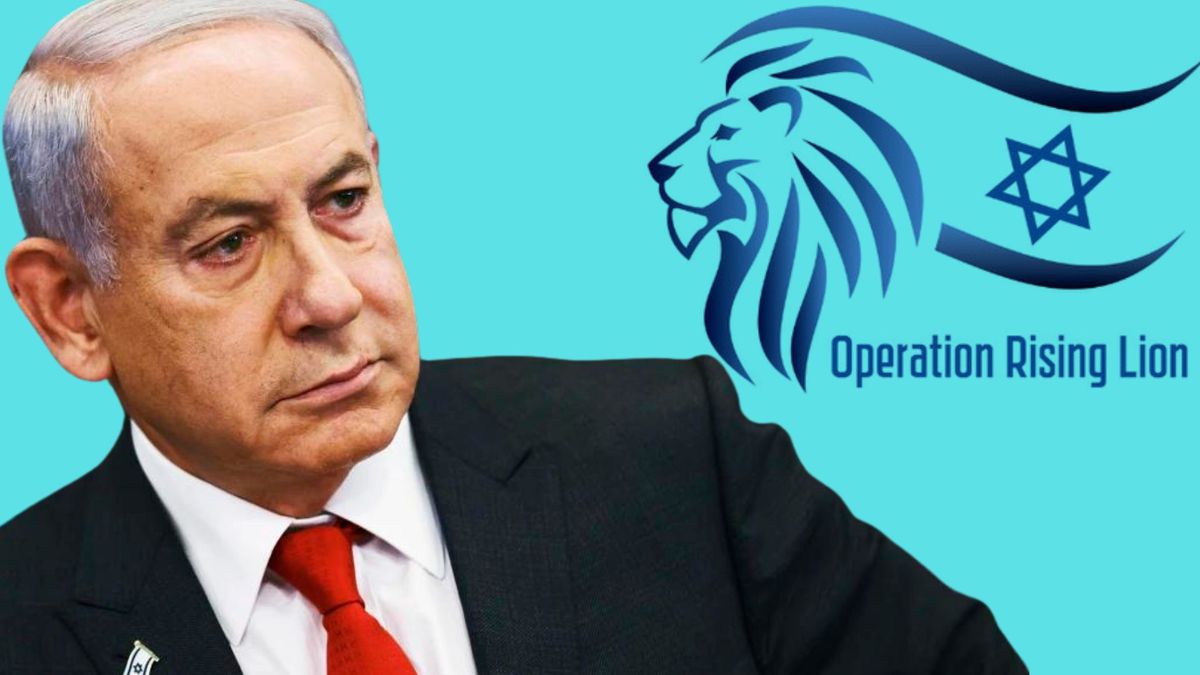
Russia’s Rhetoric: Bold Words, Careful Footing
Russia was quick to lash out at Washington and Tel Aviv. The Russian Foreign Ministry issued a strongly worded condemnation of the U.S. airstrikes, branding them a “violation of international law, the UN Charter, and relevant UN Security Council resolutions.” Dmitry Peskov, President Putin’s spokesperson, echoed this sentiment, calling the strikes “unprovoked” and warning that conflict in West Asia was escalating at a “galloping pace.”
Yet beyond this diplomatic fume, no Russian commitment to military intervention has followed. The Kremlin reiterated its call for “immediate cessation of hostilities” and proposed a return to diplomacy — a standard line that feels increasingly hollow given the scale of escalation.
Russia’s delicate balancing act reflects its own strategic limits and ambitions:
-
A War-Weary Kremlin: Already embroiled in a protracted conflict with Ukraine that has entered its fourth year, Russia’s military bandwidth is stretched thin.
-
Tel Aviv and Washington Ties: Moscow does not wish to risk its carefully managed ties with Israel and the U.S., especially when both still wield significant influence in global forums and energy markets.
-
Past Burnt Fingers: Russia’s failure to prevent the fall of Syrian President Bashar al-Assad in 2024, despite nearly a decade of support, has somewhat tarnished its image as a regional powerbroker.
Despite these constraints, Russia is still Iran’s most viable strategic partner in the current crisis. It has offered crucial support in the past, including nuclear cooperation and defence exports, and could now resume its role as a "cardinal peace broker."
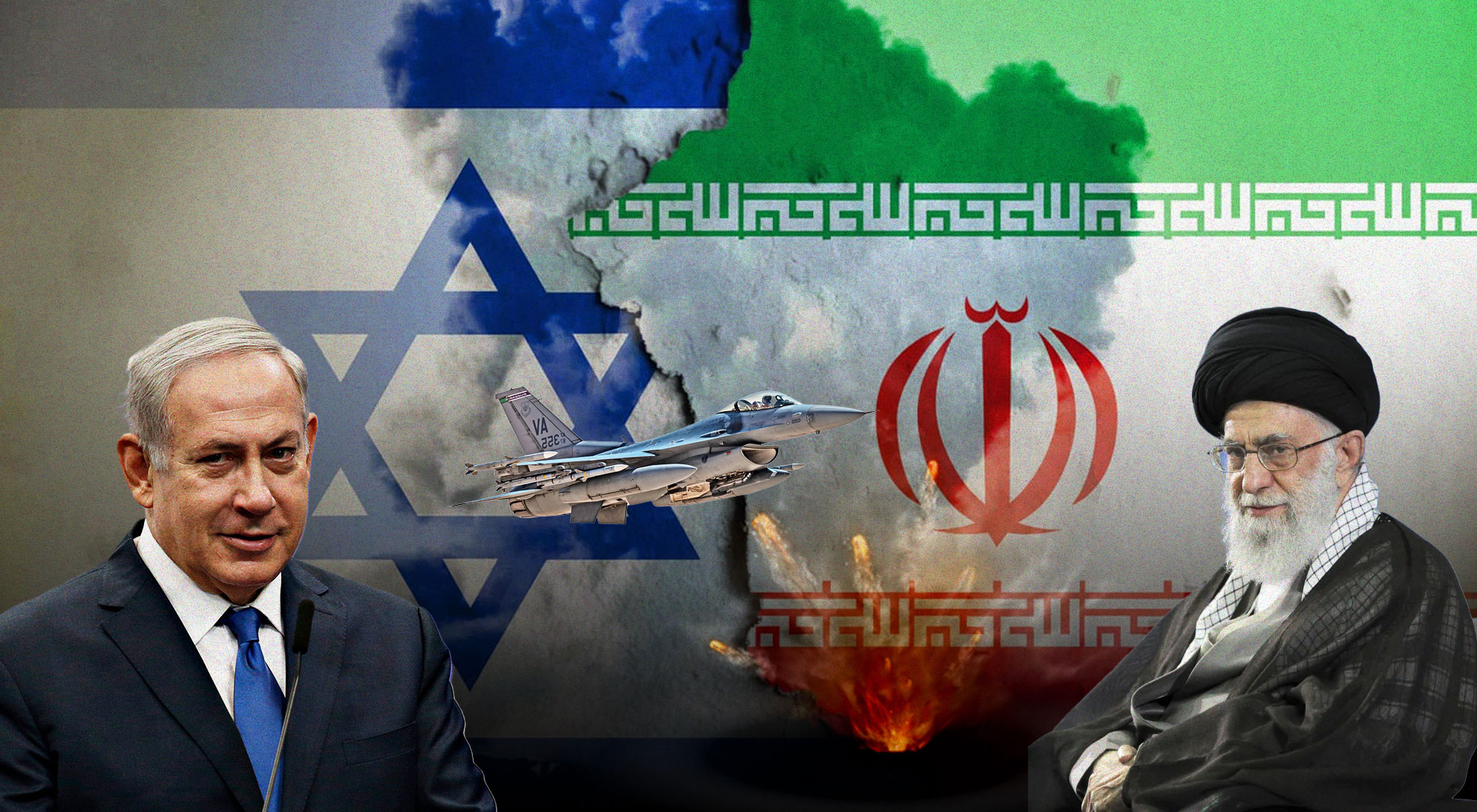
A Calculated Support Framework: What Russia Might Offer
Moscow may not be ready for war, but it’s not standing idle either. Russia could explore indirect ways of supporting Tehran:
-
Security Guarantees: Through diplomatic channels, Russia might offer assurances against regime-change operations, a scenario Iran fears, especially with Trump’s open hostility towards Tehran’s leadership.
-
Peace Deals via Multilateral Institutions: Russia is likely to push for Tehran’s recommitment to nuclear limits, end proxy attacks against U.S. allies, and secure broader regional support in return for peace.
-
Military-Tech Cooperation: Moscow could covertly provide Iran with real-time satellite data, upgrade its air defence systems, and offer space surveillance to detect incoming strikes, giving Iran an edge without sparking global outrage.
-
Oil Diplomacy: With oil prices surging due to regional instability, Russia could benefit from its position as a reliable energy exporter while also backing Iran in securing access through the Caspian Sea.
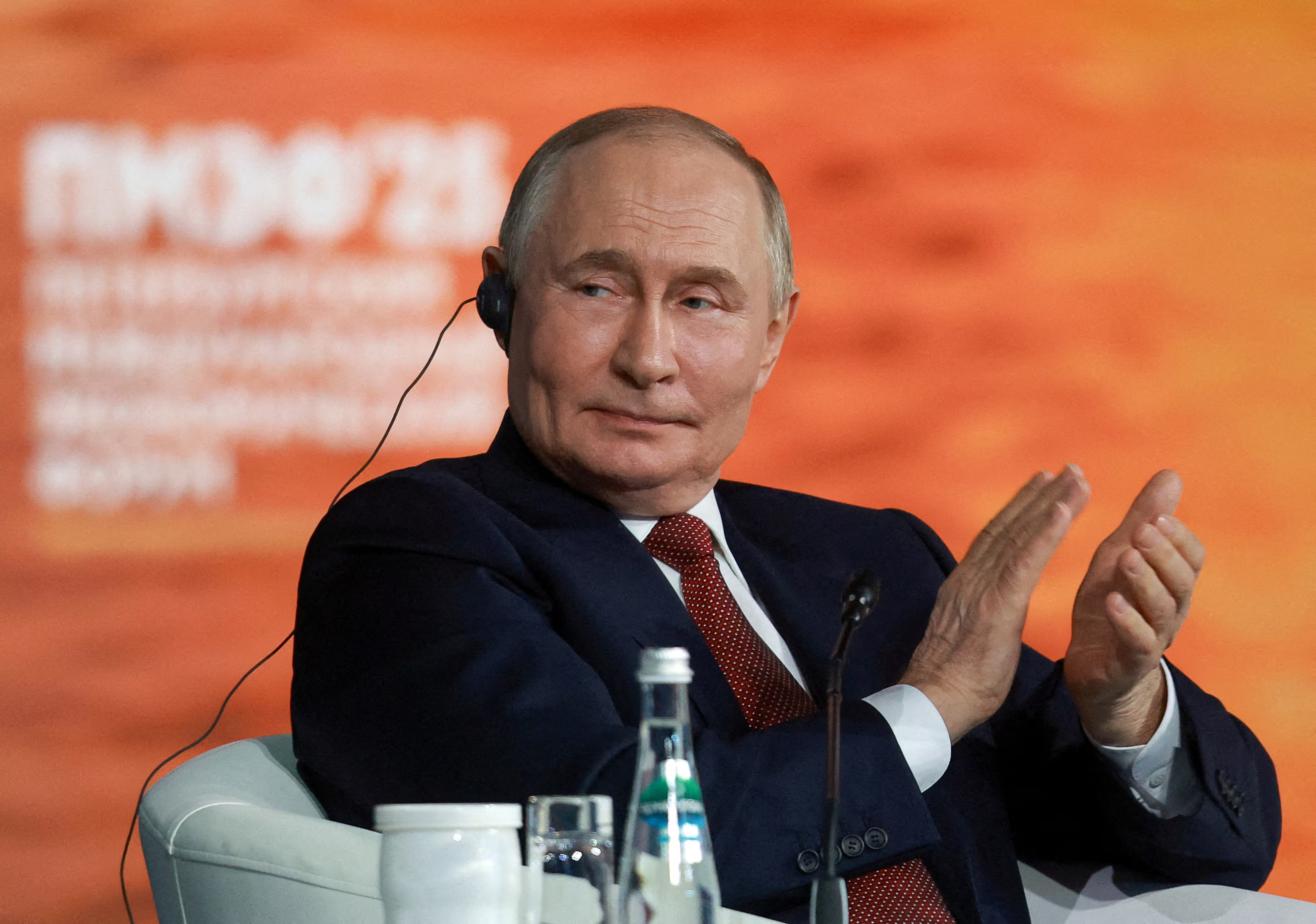
Why Open Military Support is Off the Table—for Now
Despite signing a 20-year strategic partnership with Iran in January, a sweeping agreement meant to deepen bilateral ties, Russia has not extended any NATO-style military commitment. For Iran, already reeling from U.S. strikes and under internal pressure, rhetorical support might appear insufficient, especially after it supplied Shahed drones and assistive tech to Russia during the Ukraine war.
Former Russian President Dmitry Medvedev’s cryptic remarks about “several nuclear-armed states” potentially supplying Iran with warheads only stirred further speculation, with fingers pointed at North Korea and Pakistan, not Russia. Still, Iran, ever hopeful, may expect more decisive backing from a country that still holds 4,380 nuclear warheads, according to the SIPRI 2024 report.
China’s Response: Strategic Silence, Subtle Moves
Beijing, like Moscow, swiftly condemned the U.S. airstrikes for violating the UN Charter and international norms. But Iran knows better than to expect Chinese jets flying to its aid.
Here’s why China avoids direct military engagement:
-
Strategic Ambiguity: China prefers to exert its influence through economic leverage, diplomacy, and quiet technology transfers, not open confrontation.
-
Energy Security First: Iran remains a vital oil partner. But any military escalation in the Gulf could imperil Beijing’s broader energy import strategy, forcing it to reshuffle long-term deals with Gulf nations, a risk China isn’t willing to take.
Despite this caution, Beijing still has avenues to help Iran behind the curtain:
-
Covert Tech Transfers: While avoiding overt arms deals, China might supply missile guidance tech, drones, and cyber capabilities.
-
Limited Space Support: The precision of U.S. strikes suggests advanced space surveillance. China, along with Russia, could offer Iran limited satellite or space-based support to prevent further vulnerabilities.
-
Diplomatic Power Plays: As permanent UN Security Council members, both China and Russia can mount a joint diplomatic campaign that emphasises humanitarian risks, radioactive consequences, and pre-emptive diplomacy over punitive action.
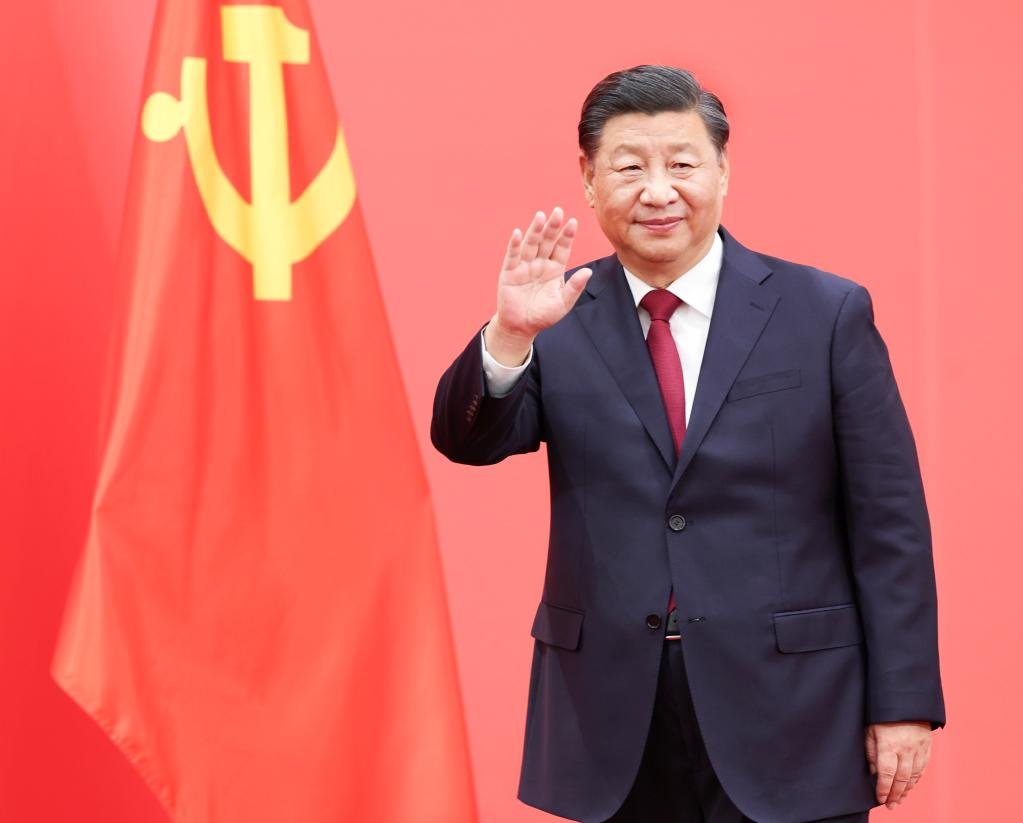
Iran’s Next Moves: Alone, but Not Abandoned?
Iran’s Foreign Minister met Putin on 23 June in Moscow. While no public military guarantees have emerged from the meeting, it’s likely that discussions involved:
-
Potential arms and surveillance tech support
-
Stability of oil markets amid sanctions
-
Caspian Sea security arrangements
-
Shared fears of regime change
The joint condemnation issued after the meeting signals a public show of solidarity, but the real outcomes, if any, remain shrouded in backroom diplomacy.
Allies in Rhetoric, Rivals in Restraint
The US strikes on Iran have placed Russia and China in a geopolitical quandary. Both seek to maintain their anti-Western solidarity with Tehran, but neither wants to trigger a wider war that could engulf their own fragile strategic interests. Russia’s war fatigue and China’s energy calculus make military intervention unlikely.
However, in the game of global diplomacy, restraint doesn’t always mean inaction. As the world watches, both powers are recalibrating, not retreating. Whether through covert tech, diplomatic manoeuvring, or multilateral pressure, Russia and China will try to shield Iran, but on their terms.
The real question now is whether strategic caution will be enough to satisfy a cornered Iran, or whether the ayatollahs, feeling isolated, will take matters into their own hands.
Views expressed in the above piece are personal and solely those of the author. They do not necessarily reflect Vygr’s views.
With inputs from agencies
Image Source: Multiple agencies
© Copyright 2025. All Rights Reserved Powered by Vygr Media.

